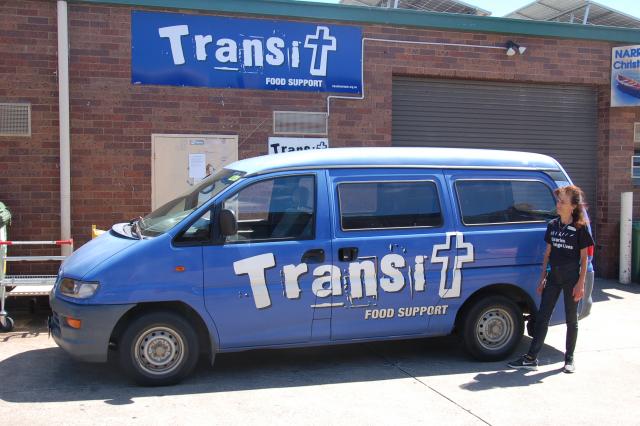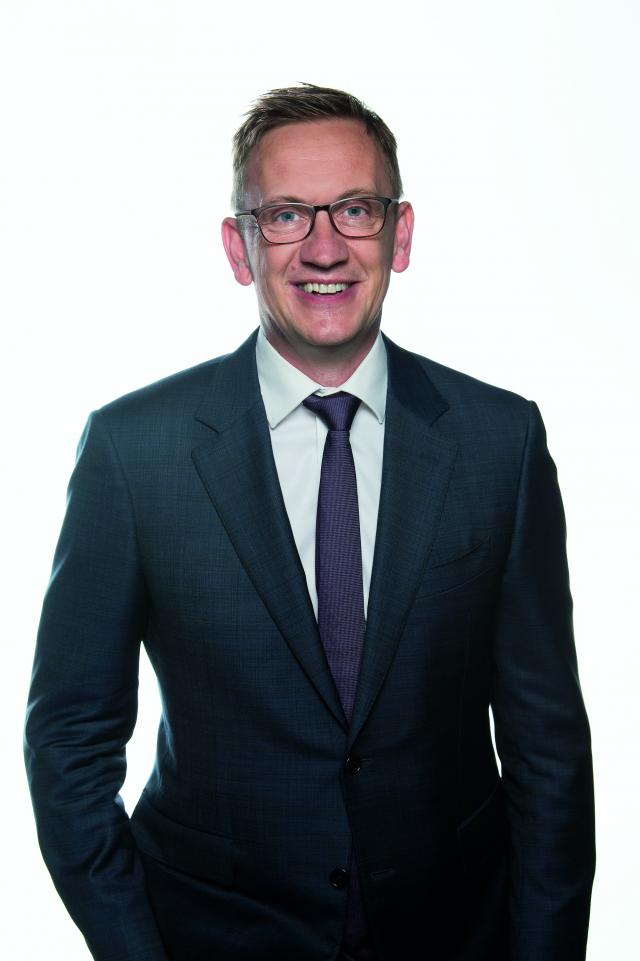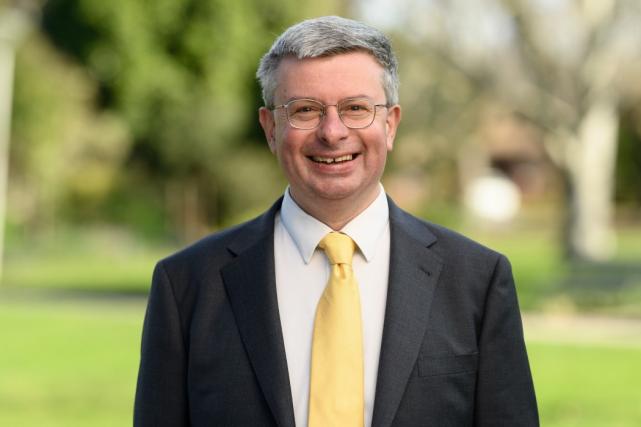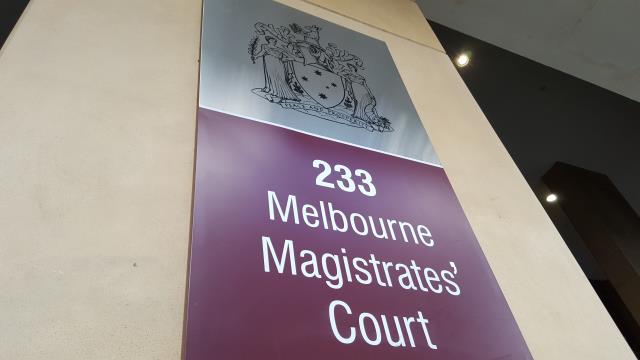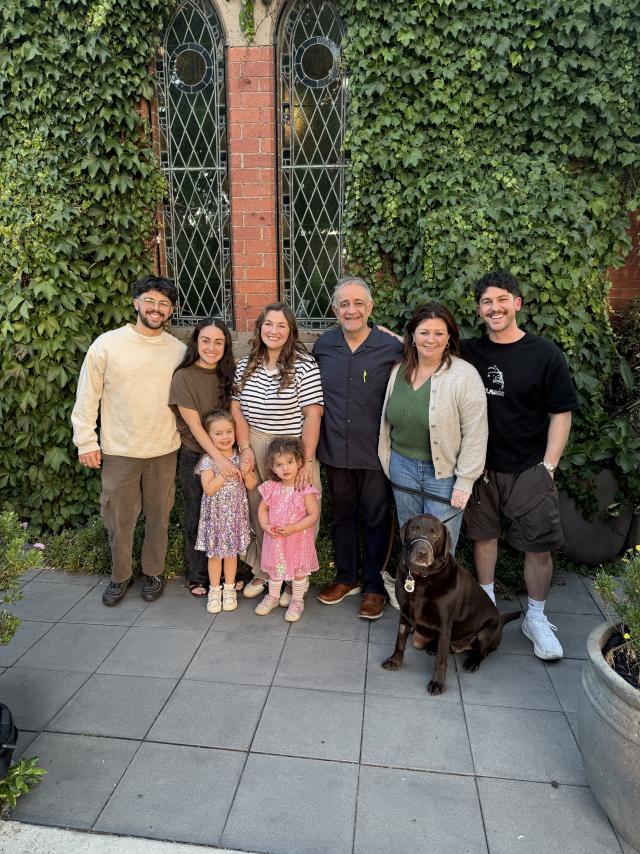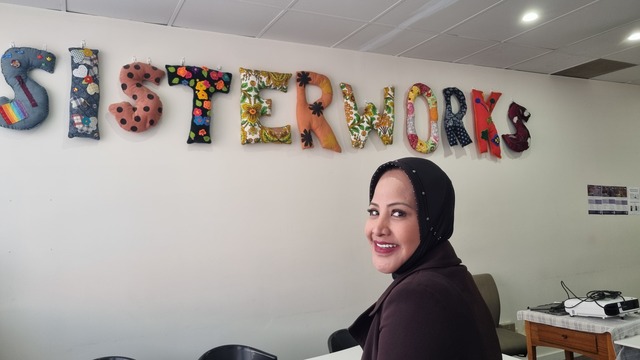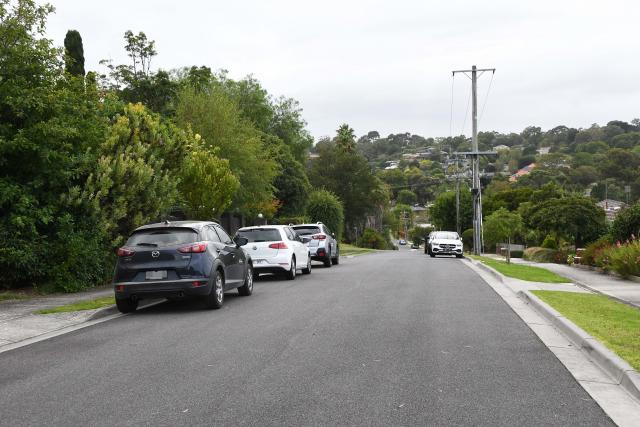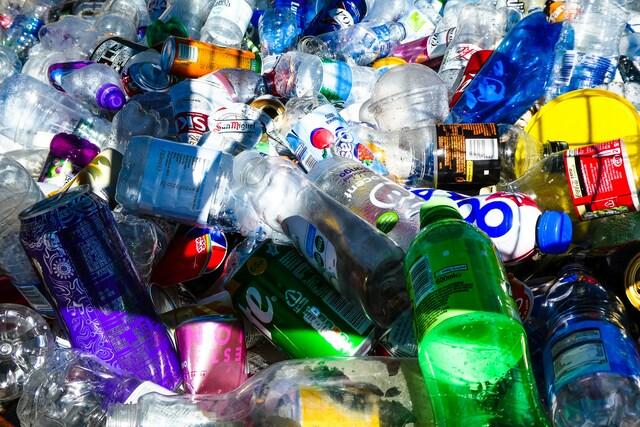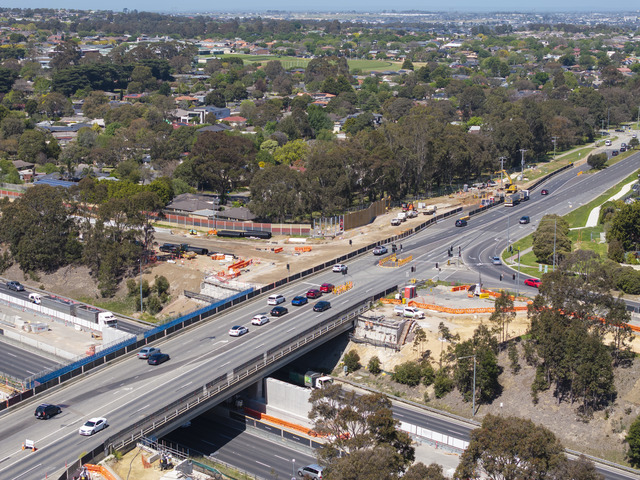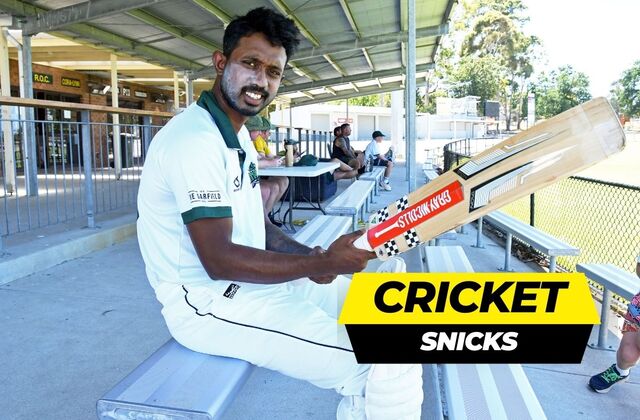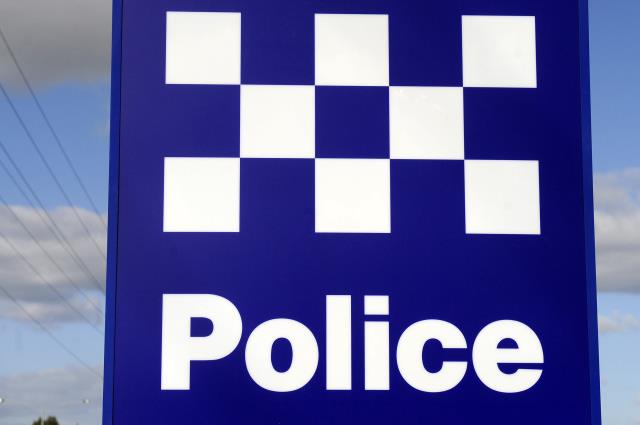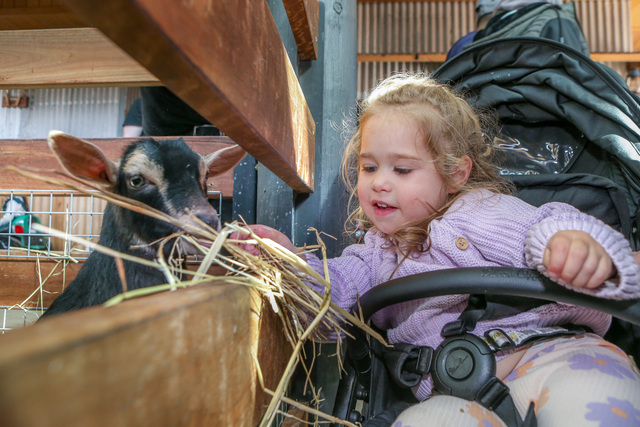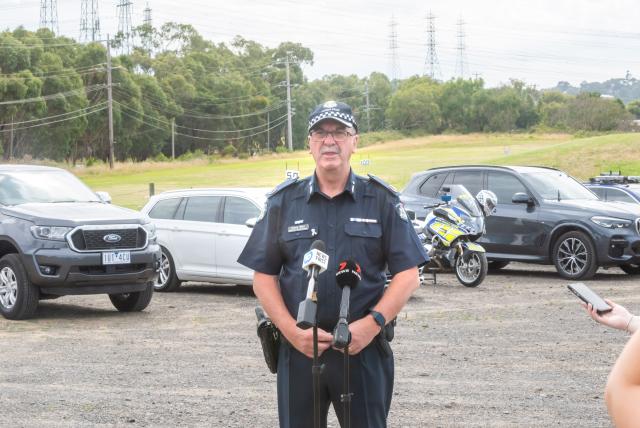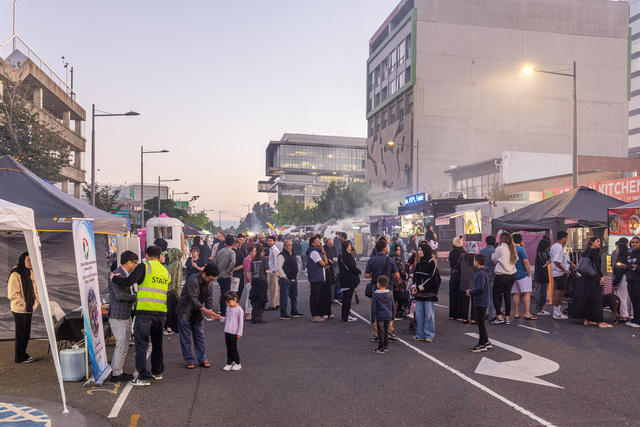High fuel costs and soaring living costs have culminated in a one-two punch for suffering Casey residents, says a local social welfare organisation.
Coordinator of social welfare service Transit Reverend Keith Vethaak said South-East residents in need of emergency relief cannot afford the travel costs to access his service, which include a soup van and food relief.
“The biggest difference is rising fuel costs, we’ve had to help a lot of our clients with fuel vouchers just to be able to access emergency food relief,” Rev Vethaak said.
“I had a guy come in last week who said ‘I don’t have enough fuel to get home, and I’ve only got six dollars in my bank account so I don’t have enough money to fill up either’.”
Rev Vethaak said he also expects “a huge influx” of residents in need as the impact of an interest rate rise, introduced on Monday, begins to sting.
Late last month it was reported that cost of living was at its highest rate since GST was introduced in the early 2000s – growing 5.1 per cent just in the last year.
In reaction to the rise, on Monday the Reserve Bank announced it would pass the first increase in interest rates in 11 years.
The big four banks swiftly agreed to match the 0.25 per cent rise, which ultimately aims to discourage spending and encourage saving to strengthen the Australian currency.
Reverend Vethaak said increased Government funding to social services such as Transit would help struggling Australians get back on their feet in unstable economic times.
“The government could give agencies like ours more funding because that’s where the rubber really hits the road,” Rev Vethaak said.
“A grant can go directly to people who need the help the most.”
He added Casey Council has been generous in providing financial support to the not-for-profit.
Federal candidates had differing proposals to cut the cost of living for Casey residents.
Bruce MP Julian Hill said Labor’s Economic Plan to deliver cheaper child care, cheaper power bills and more secure, well-paid jobs would tackle the economic challenges “created on Scott Morrison’s watch.”
“After almost a decade of the Liberals, the costs of essentials are out of control, real wages are falling, and now interest rates are rising,” Mr Hill said.
“[Labor’s economic plan] will reinforce Labor’s Budget Strategy, which will make room for smart, targeted investments that expand the capacity of the economy and improve the quality of spending, ending Scott Morrison’s waste, rorts and corruption.”
Greens candidate Matthew Kirwan concurred cheaper social services were key in controlling skyrocketing living costs, but added harsher taxes for big corporations was another crucial element to lessening the financial stress.
“Right now one in three big corporations pay no tax,” Mr Kirwan said.
“Billionaires, like Gina Rinehart and Clive Palmer more than doubled their wealth during the pandemic.
“While they make huge profits, the rest of us are struggling to cope with the rising costs of living.”
Free dental, education and childcare along with increases to minimum wages and income support payments were also fundamental policies for the Greens.
“As people struggle to pay their mortgages and rental bills they are hit with unaffordable education, health and childcare expenses,” Mr Kirwan said.
“We’ll provide the services everyone needs to live a better life. And we’ll tax billionaires and corporations to pay for it.”
Bruce candidate for the Liberal Democrats, Christine Skrobo argued lowering taxes was the answer to addressing the cost of living issues.
“We are proposing a $40,000 tax-free threshold and a flat-rate of 20 per cent above that, which will see Australians keep more of their hard earned money,” Ms Skrobo said.
She said the high inflation rate is a result of excessive government spending.
“The Liberal Democrats will bring back fiscal responsibility and prioritise repaying the national debt.”
Liberal candidate for Bruce James Moody was contacted for comment, but did not respond within the required deadline.
In response to high cost of living, the incumbent Liberal government has introduced multiple one-off payments for low and middle income earners, cut the fuel excise in half and increased childcare subsidies for second and subsequent children.

